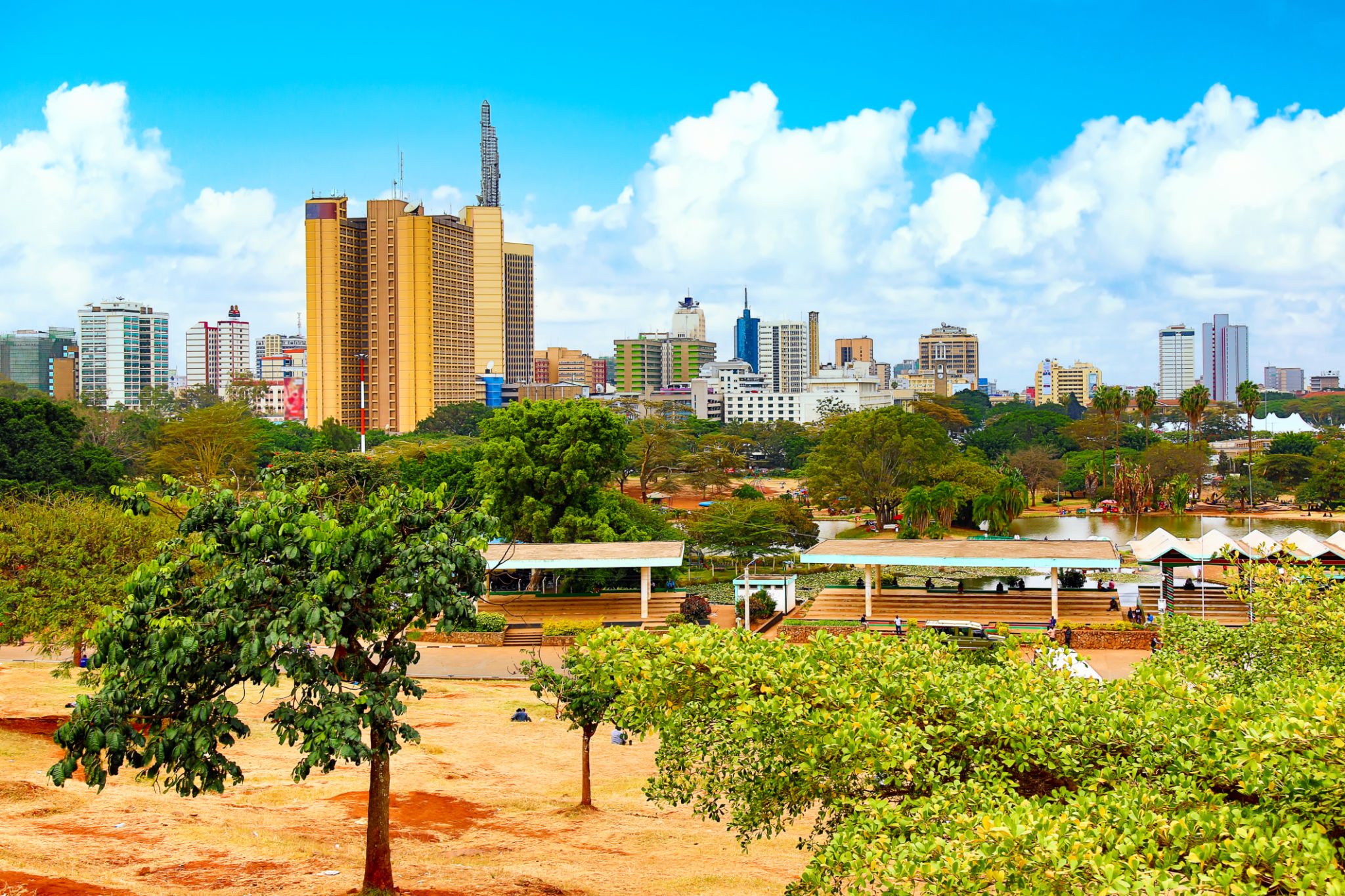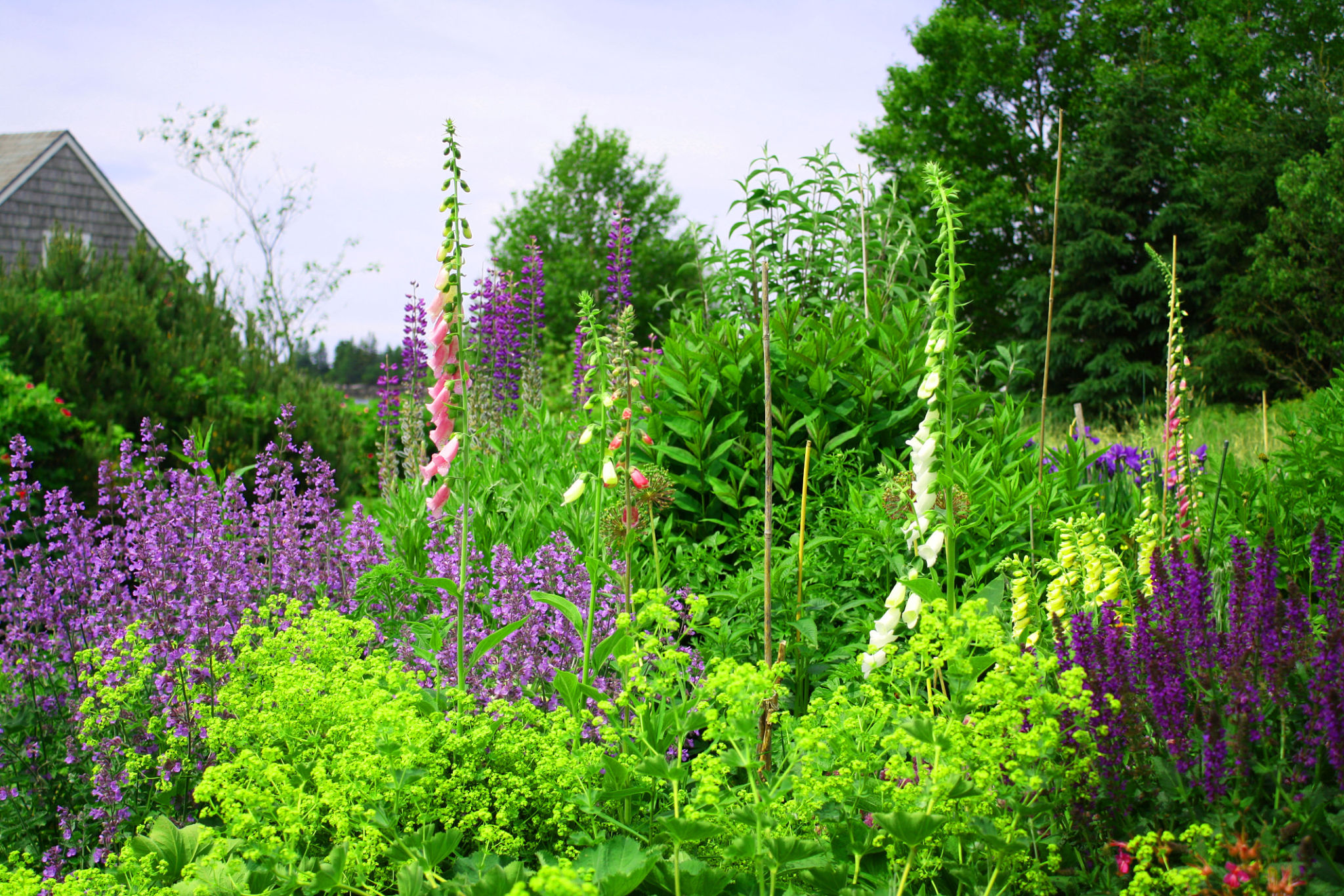How to Prepare Your Eco-Home for the Nairobi Climate
Understanding the Nairobi Climate
Nairobi is known for its moderate climate, with temperatures ranging from 10°C to 26°C throughout the year. However, the city experiences two distinct rainy seasons: the long rains from March to May and the short rains from October to December. As you prepare your eco-home for Nairobi's climate, it's crucial to consider these seasonal variations to ensure comfort and sustainability.

Insulation and Ventilation
Proper insulation is essential for maintaining a comfortable indoor temperature. Since Nairobi's temperatures can drop significantly at night, especially during the dry season, insulating your home will help retain heat. Consider using eco-friendly materials like sheep wool or recycled denim for insulation.
Equally important is ventilation. With humidity levels rising during the rainy seasons, ensure your home is well-ventilated to prevent mold and mildew growth. Opt for strategically placed windows and vents that maximize airflow while minimizing energy consumption.
Harnessing Solar Power
Nairobi enjoys abundant sunshine, making solar power an excellent energy source for your eco-home. Install solar panels to capture this renewable energy, reducing dependency on the national grid and lowering your carbon footprint. Solar water heaters are also a cost-effective way to meet your household's hot water needs.

Water Conservation Techniques
Water conservation is vital in Nairobi due to occasional water shortages. Implement rainwater harvesting systems to collect and store rainwater during the wet seasons. This water can be used for gardening, toilet flushing, and even laundry.
Low-flow fixtures and dual-flush toilets can significantly reduce your water usage. By implementing these measures, you contribute to environmental sustainability while lowering your water bills.
Choosing Native Plants for Landscaping
Creating a garden with native plants is not only eco-friendly but also practical for Nairobi's climate. Native plants require less water and are more resistant to local pests and diseases. Consider species like the African Tulip Tree or the Kenya Croton for vibrant and resilient landscaping.

Energy-Efficient Appliances
Invest in energy-efficient appliances to further reduce your eco-home’s energy consumption. Look for appliances with high Energy Star ratings or those specifically designed for low energy use. This includes LED lighting, energy-saving refrigerators, and efficient washing machines.
By opting for these appliances, you not only save on electricity bills but also contribute to reducing the overall carbon emissions of your household.
Smart Home Technology Integration
Incorporating smart home technology can enhance the efficiency of your eco-home. Smart thermostats, for example, allow you to control your home's temperature remotely, optimizing energy use and comfort. Similarly, smart lighting systems can be programmed to adjust according to the time of day or occupancy, further conserving energy.

By preparing your eco-home with these strategies, you create a sustainable living environment that aligns with Nairobi's unique climate conditions. Embrace these changes not only for comfort but as a commitment to environmental stewardship in your community.